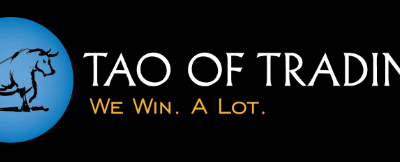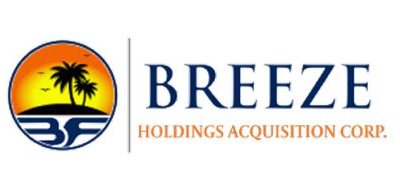
Recent years have marked a significant transformation in the way individuals engage with financial markets. The bustling trading floors of the past are being replaced by digital platforms such as Plus500, which enable trading in various assets such as stocks, Forex, and Oil CFD from computers or smartphones. This shift opens up financial markets to more people and impacts how traditional stock exchanges operate.
From Physical Trading Floors to Digital Platforms
The shift to digital trading platforms has made financial markets more accessible. Traditionally, trading required in-depth knowledge and was seen as complex and overwhelming. Now, online platforms offer extensive resources that educate and support a wider audience. This accessibility invites more people to participate in trading, broadening the activity from a specialized pursuit to a more common one.
The digitization of trading has also led to increased market efficiency. Online platforms can process vast amounts of data and execute trades at high speeds, reducing the potential for human error and increasing the accuracy of transactions. This efficiency enables markets to respond more quickly to new information, leading to more accurate pricing of assets. Furthermore, digital platforms have made it possible for traders to access markets 24/7, no longer limited by the operating hours of traditional exchanges. This constant access has led to increased liquidity in the markets, as there are always buyers and sellers available to trade.
Changes in Trader Demographics and Behaviors
Online trading platforms have diversified the profile of traders. More young people and individuals from various economic backgrounds are beginning to trade. This change is influencing trading behaviors and strategies, bringing new perspectives to the markets. The ease and adaptability of online trading, without the need to be physically present, attract this new group of traders.
Future Implications for Financial Regulations and Practices
The increase in digital trading platforms necessitates updates in financial regulations and practices. As electronic participation in markets grows, regulatory authorities are revising their rules to maintain transparency and fairness. These changes are essential for sustaining confidence in financial markets and safeguarding participants from online trading risks. Regulatory bodies work to ensure that the development of platforms like Plus500 matches a secure and fair trading environment for all.
The transition from traditional exchanges to online platforms is a significant change in the operation and evolution of financial markets. As this shift continues, its implications for traditional stock exchanges, regulatory structures, and trader behavior are profound, heralding a new chapter in global finance.





